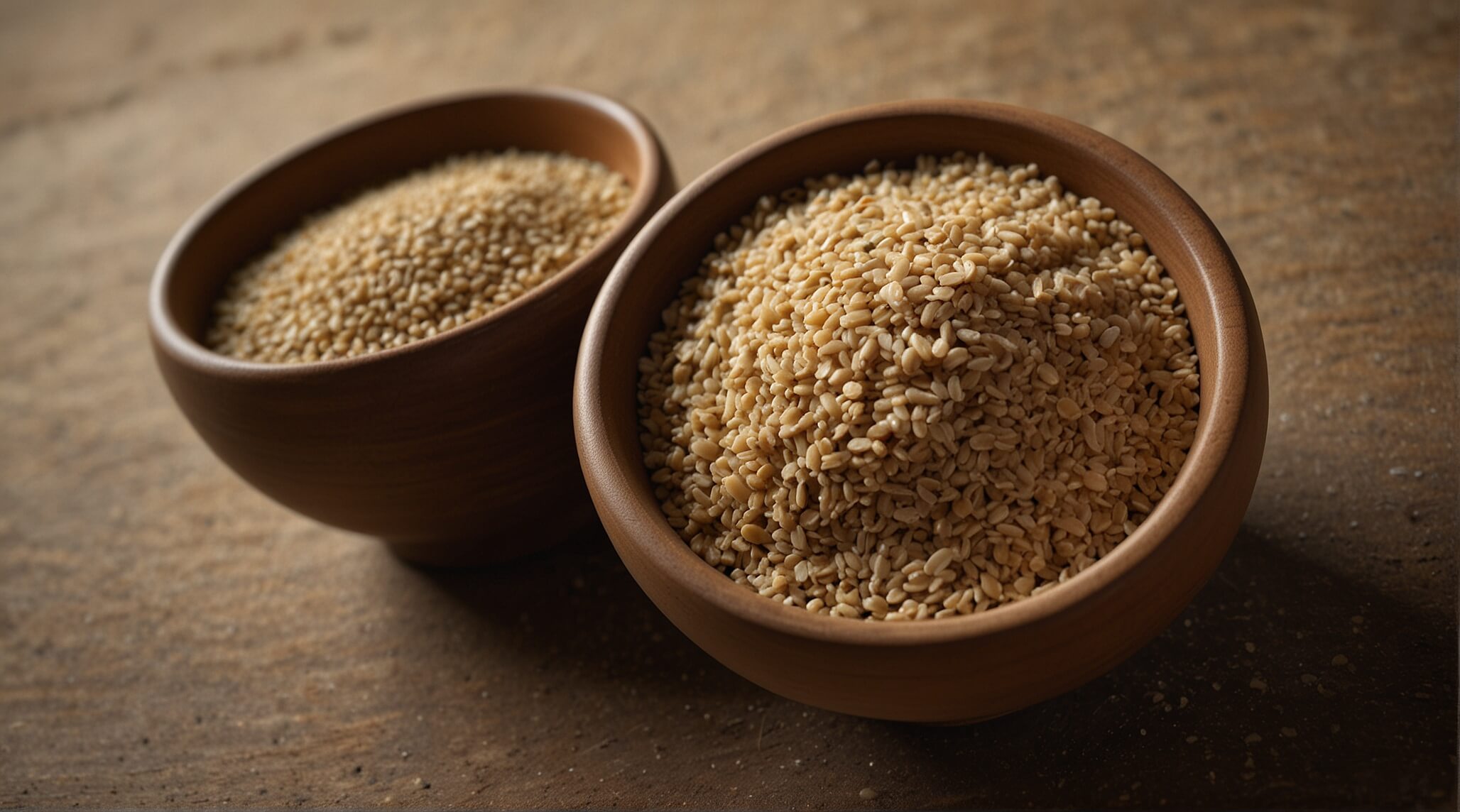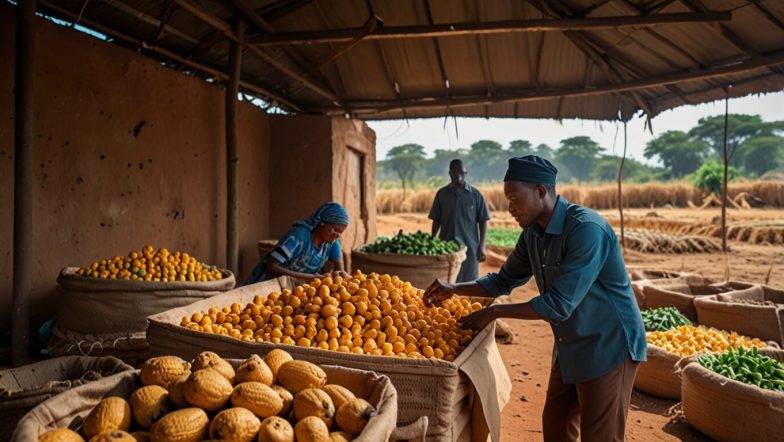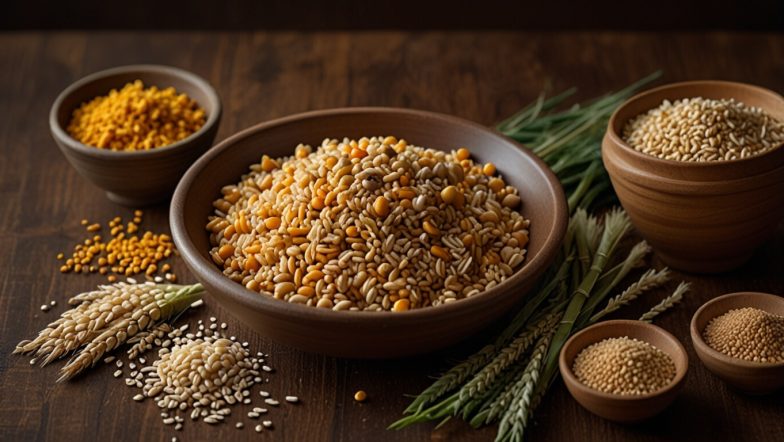Introduction
Ancient grains such as fonio and finger millet are witnessing a resurgence. Historically these traditional diets were a staple centuries ago but were forgotten, now, these grains are being revalued for their impressive nutritional profiles, environmental resilience, and their potential to contribute to food security and sustainable agriculture in Nigeria.
The Ancient Grain of the Future.
Fonio, often hailed as the “grain of the future,” is a small but mighty cereal that has been cultivated in West Africa for thousands of years. Its rapid growth cycle, ability to thrive in poor soils, and drought resistance make it a champion of sustainable farming.
Nutritionally, fonio is rich in amino acids, particularly methionine and cysteine, which are scarce in today’s common grains. Its low glycemic index also makes it suitable for those managing diabetes, marking fonio not just as a dietary staple but a health enhancer.
Finger Millet; The Nutritional and Healthful Grain
This is another ancient grain native to West Africa. It stands out for its remarkable nutritional benefits. It is a significant source of calcium, iron, protein, and dietary fiber, supporting bone health, blood circulation, muscle health, and digestive wellness.
It’s versatility allows it to be used in various Nigerian dishes, from porridges and bread to beverages, offering a gluten-free alternative to wheat and other common cereals.
Environmental Impact and Sustainability
Cultivating fonio and finger millet presents a sustainable agricultural practice, with both grains requiring minimal water and being naturally pest-resistant, thus reducing the need for chemicals.
Their revival can lead to enhanced biodiversity and soil health, contributing to ecological balance and offering a solution to the challenges posed by climate change and soil degradation.
Supporting Local Farmers and Economies
The cultivation and consumption of fonio and finger millet supports local farmers, promoting economic stability and empowerment.
By integrating these grains into the national food supply chain, Nigeria can reduce its reliance on imported grains, fostering food sovereignty and boosting local economies.
Conclusion
The revival of ancient Nigerian grains like fonio and finger millet is a forward-looking approach to health, environmental sustainability, and economic empowerment.







Leave a comment